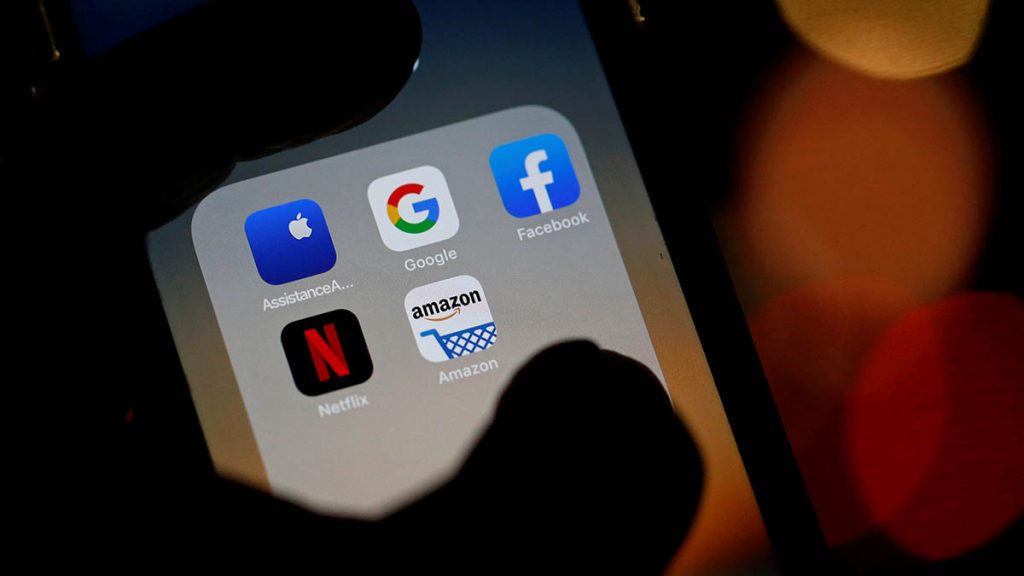
Big tech companies agreed on Monday to reduce harmful online content in New Zealand, making a move that critics said dodged the alternative of government regulation.
Meta Platforms Inc, Alphabet-owned Google, TikTok, Amazon.com Inc and Twitter had signed a code of practice, said Netsafe, a government-funded internet-safety group.
The companies would follow the code as self-regulation, Netsafe chief Brent Carey said in a statement.
“There are too many Kiwis being bullied, harassed, and abused online, which is why the industry has rallied together to protect users,” Carey said in a statement.
Industry lobby group NZTech will be responsible for the companies meeting obligations, which include reducing harmful content online, reporting how they do that and supporting independent evaluation of results.
“We hope the governance framework will enable it to evolve alongside local conditions, while at the same time respecting the fundamental rights of freedom of expression,” said NZTech chief executive Graeme Muller.
Meta and TikTok said in statements they were enthusiastic about the code making online platforms safer and more transparent.
Interest groups want more detail, however – for example, about sanctions for any failure by the companies to comply and about a mechanism for public complaints.
They also point to the pact being administered by an industry body, not the government.
“This is a weak attempt to preempt regulation – in New Zealand and overseas – by promoting an industry-led model,” Mandy Henk, chief executive of Tohatoha NZ, a non-profit organisation that lobbies on the social impact of technology, said in a statement.
The framework that the companies agreed to is called the Aotearoa New Zealand Code of Practice for Online Safety and Harms.
New Zealand has been a leader in trying to stamp out violent extremism online. Prime Minister Jacinda Ardern and French President Emmanuel Macron in 2019 launched a global initiative to end online hate.
WELLINGTON (Reuters)